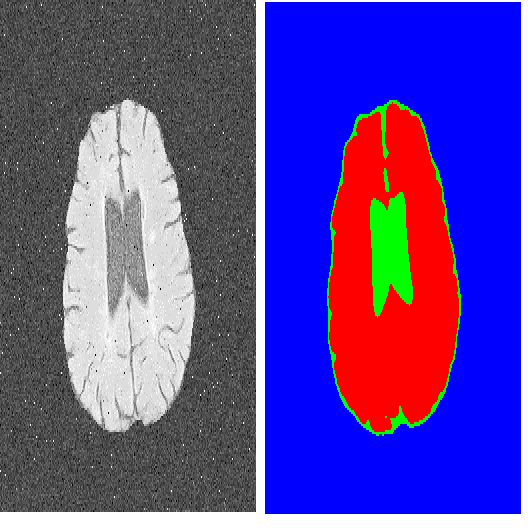Recent medical image segmentation methods apply implicit neural representation (INR) to the decoder for achieving a continuous coordinate decoding to tackle the drawback of conventional discrete grid-based data representations. However, the INR-based decoder cannot well handle the feature misalignment problem brought about by the naive latent code acquisition strategy in INR. Although there exist many feature alignment works, they all adopt a progressive multi-step aligning paradigm on a discrete feature pyramid, which is incompatible with the continuous one-step characteristics of INR-based decoder, and thus fails to be the solution. Therefore, we propose Q2A, a novel one-step query-based aligning paradigm, to solve the feature misalignment problem in the INR-based decoder. Specifically, for each target coordinate, Q2A first generates several queries depicting the spatial offsets and the cell resolutions of the contextual features aligned to the coordinate, then calculates the corresponding aligned features by feeding the queries into a novel implicit fully continuous feature pyramid (FCFP), finally fuses the aligned features to predict the class distribution. In FCFP, we further propose a novel universal partition-and-aggregate strategy (P&A) to replace the naive interpolation strategy for latent code acquisition in INR, which mitigates the information loss problem that occurs when the query cell resolution is relatively large and achieves an effective feature decoding at arbitrary continuous resolution. We conduct extensive experiments on two medical datasets, i.e. Glas and Synapse, and a universal dataset, i.e. Cityscapes, and they show the superiority of the proposed Q2A.
翻译:暂无翻译
相关内容
Source: Apple - iOS 8





